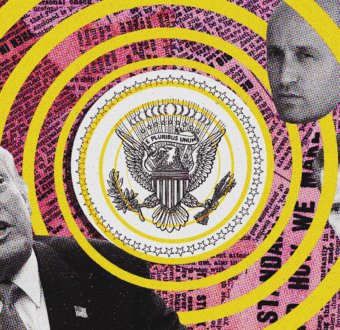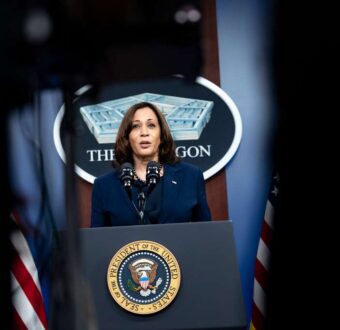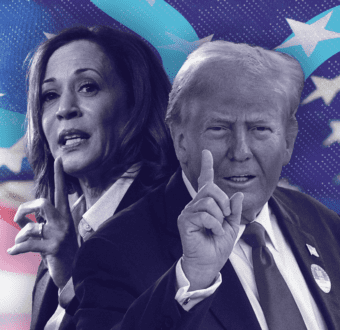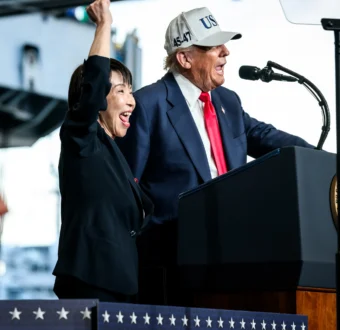Harris’s foreign policy must differ from Biden’s — even if it means copying Trump

Kamala Harris has rallied a coalition as broad as it is unusual: pop stars, elder statesmen and even some high-profile Republican national security officials. They’re united by fear of Donald Trump’s assault on democracy and “America First” foreign policy.
But Harris should be wary. Embracing establishment foreign policy ideas is a Faustian bargain.
The Harris ticket makes clear the distinctions between the two candidates’ worldviews. Harris offers a forward-looking vision for the country; Trump peddles a declinist narrative. Harris supports America’s role in upholding international norms; Trump flouts the rules-based order. Harris affirms America’s commitment to allies; Trump threatens to abandon them. Harris dismisses Ukraine negotiations as appeasement; Trump promises to end the Ukraine War immediately.
This stark contrast has won over former Reps. Liz Cheney (R-Wyo.) and Adam Kinzinger (R-IIl). But retreating to the hawkish foreign policy orthodoxies these former lawmakers espouse isn’t the answer. It could even become a liability come November.
…

Lucas Robinson is a senior research associate and digital media manager at the Institute for Global Affairs.
More from Lucas
This post is part of Independent America, a research program led out by Jonathan Guyer, which seeks to explore how US foreign policy could better be tailored to new global realities and to the preferences of American voters.













Western Europeans Are Hedging on a Post-US NATO